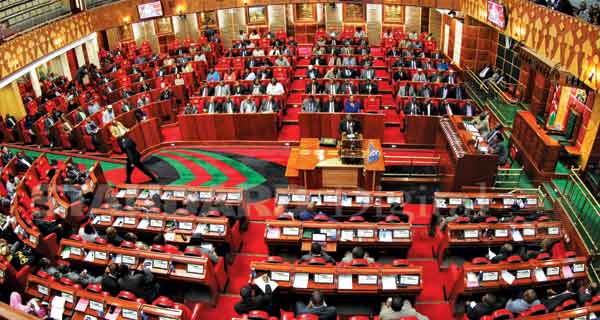×
The Standard e-Paper
Join Thousands Daily
 |
By Alphonce Shiundu and Moses Njagih
Nairobi, Kenya: Parliament voted to sanction Kenya’s withdrawal from the International Criminal Court (ICC) during an emergency session marred by a walkout by opposition MPs.